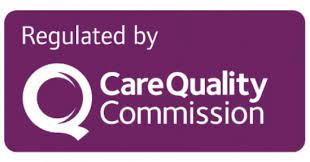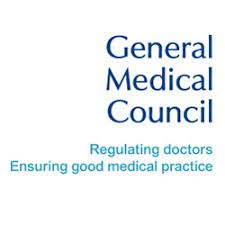Cows' milk protein allergy (CMPA) can present with a range of symptoms in children, affecting the skin , digestive, and respiratory systems. Look out for signs such as abdominal pain, vomiting, diarrhoea, eczema, blood or mucous in stools, constipation, severe gastro-oesophageal reflux, wheezing, and excessive fussiness after feeding.

CMPA occurs when a child's immune system reacts adversely to proteins found in cow's milk. The two main proteins responsible are casein and whey. The immune response triggers symptoms ranging from mild discomfort to severe reactions, making it crucial for parents to be aware of potential allergens in their child's diet.
The primary treatment for CMPA involves eliminating all sources of cows' milk protein from the child's diet. This includes breastfeeding mothers avoiding dairy or switching to hypoallergenic formulas. In severe cases, healthcare providers may prescribe specialised hypoallergenic formulas to ensure the child receives adequate nutrition.
If you notice persistent symptoms in your child that may be indicative of CMPA, it's important to consult a healthcare professional. Early diagnosis and management can significantly improve the child's quality of life. Immediate medical attention is crucial if there are severe symptoms like difficulty breathing or anaphylaxis.
Confirmation of CMPA often involves diagnostic investigations. These may include skin prick tests, blood tests measuring specific antibodies, or an oral food challenge under medical supervision. These tests help healthcare providers determine the severity of the allergy and guide appropriate treatment.
Preventing CMPA largely revolves around early detection and careful dietary management. If there is a family history of allergies, especially to cows' milk, it's advisable to monitor your child closely for any signs of allergic reactions. When introducing solids, gradually incorporate new foods, and be vigilant for any adverse reactions. By understanding the symptoms, causes, and preventive measures associated with cows' milk protein allergy, parents can actively contribute to their child's well-being.
Regular communication with healthcare providers ensures a collaborative approach in managing CMPA and providing the best possible care for your child.



